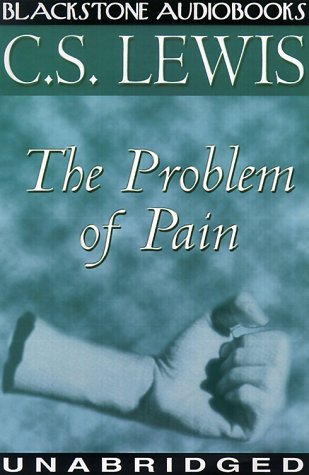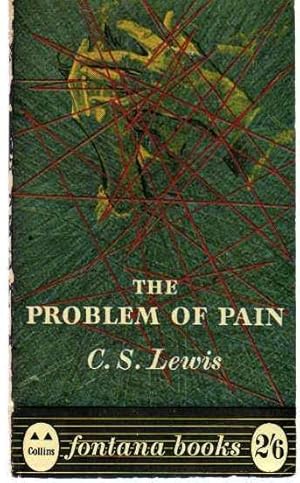


He asks how, if the world is so bad, did humans ever attribute it to a benevolent deity? He then describes three attributes that all developed religions have and a fourth attribute peculiar to Christianity.ġ)Ěn experience with the Numinous (a sort of awe, dread, and a general sense of experiencing something otherworldly "uncanny").ģ) The Numinous as guardian of the morality. Lewis starts with his former atheistic stance and paints in broad strokes the "problem of pain".

Therefore God lacks either goodness, or power, or both." Topics include human suffering and sinfulness, animal suffering, and the problem of hell, and seeks to reconcile these with an omnipotent force beyond ourselves. He begins by addressing the flaws in common arguments against the belief in a just, loving, and all-powerful God such as: "If God were good, He would make His creatures perfectly happy, and if He were almighty He would be able to do what he wished. necessary if we are to put the problem of pain in its right setting". Lewis states that his writing is "not primarily arguing the truth of Christianity but describing its origin - a task. Lewis, in which Lewis argues that human pain, animal pain, and hell are not sufficient reasons to reject belief in a good and powerful God. The Problem of Pain is a 1940 book on the problem of evil by C. Current edition published by HarperCollins


 0 kommentar(er)
0 kommentar(er)
